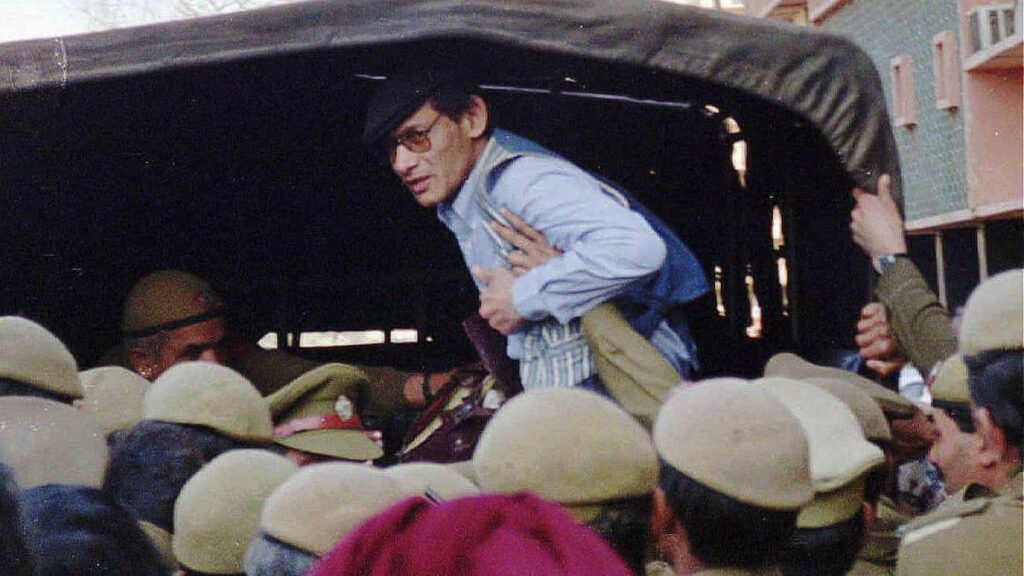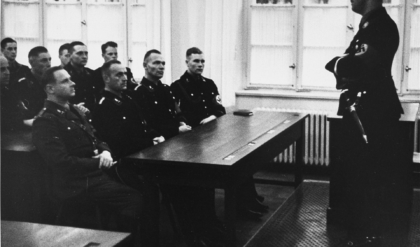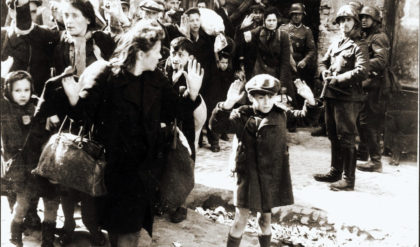
Handsome, charming, and fluent in several languages, Charles Sobhraj was “like some bizarre real-life combination of Patricia Highsmith’s Tom Ripley and Thomas Harris’ Hannibal Lecter”.
/cloudfront-ap-southeast-2.images.arcpublishing.com/nzme/Q2ZQWEAYTJNSXVVGATODL56AM4.jpg)
His isn’t a name that many would recognise — yet the suave Vietnamese-Indian Frenchman was once one of Asia’s most wanted criminals, the charismatic con artist and so-called “Bikini Killer” who lured at least a dozen young backpackers to their deaths in the 1970s.
Finely tuned to what budget travellers wanted, Sobhraj would befriend the young tourists who were looking to get lost along southeast Asia’s “Hippie Trail” — advising them on where to eat and how to buy gemstones — before making sure some of them would never be found, first by drugging their drinks, and then stabbing or choking them.
In more than one case, investigators found that he’d even set the body on fire, not even waiting until the victim was dead before he or she was set alight.
Afterwards, Sobhraj and his accomplices — his French-Canadian girlfriend Maree-Andrée Leclerc and Indian henchman Ajay Chowdhury — would steal their belongings and identities, often traveling the world on the victims’ passports and money so it wasn’t always apparent that they were missing.
He became known as the “Bikini Killer” after the swimsuit one of his victims was wearing when she was discovered.
Now 76 and languishing in a Nepalese prison, Sobhraj has achieved notoriety with the release of a Netflix series that shares another of his nicknames: The Serpent.
The show is available to watch on Netflix in New Zealand now.
But some of Sobhraj’s most outrageous exploits had to be omitted, the series’ writer and producer Richard Warlow told Vanity Fair, because they were too bizarre to be believed.
“Some of the shit that he pulled … if you put it in a drama, people would watch it and go, ‘You’re having me on. That never happened,'” Warlow explained.
The series tells the story of Sobhraj and Dutch diplomat Herman Knippenberg — who in 1976, at the age of 31, received a letter from the relative of two missing backpackers at his country’s embassy in Bangkok.
The correspondence eventually led Knippenberg to discover that the couple had been poisoned and burned alive by Sobhraj — and launched the Dutchman’s years-long mission to unmask the killer and have him and his accomplices arrested.
Born in Saigon in 1944 to a Vietnamese mother and Indian artist, Sobhraj was gaining notoriety by the early 1970s for selling drugs and robbing tourists — and, of course, eventually escalated to killing them.
Once a gem dealer in Thailand and the owner of a pet monkey, Sobhraj was an international man of mystery who “always had a way with women”, Andrew Anthony, who has interviewed the killer, wrote for GQ in 2014.
“With his wide cheekbones; shapely thick lips; piercing eyes; lithe, muscular build; confident manner and dangerous reputation, he presented an irresistible challenge to many female suitors. And Sobhraj was not unaware of his magnetic appeal,” Anthony wrote.
“There was a narcissism about him, perhaps best captured in a photograph of him that police found in which he is lying naked on a bed, proudly displaying an erection for the camera.”
/cloudfront-ap-southeast-2.images.arcpublishing.com/nzme/CBEOJH6N36N5ITABOWFTNPS7X4.jpg)
He was also a man who could cooly assume the identities of others — usually one of his victims — to evade capture.
Before he was imprisoned in New Delhi in 1976 for drugging a group of French engineering students, Sobhraj escaped incarceration three times.
In Greece, he convinced his “adoring” younger brother to swap identities and serve his 18-year sentence after they had robbed a businessman, who later recognised Sobhraj on a plane.
In India, after holding a flamenco dancer hostage while robbing a Delhi hotel jewellery store, he faked appendicitis and escaped after surgery.
And in Afghanistan, he and his first wife, Chantal Compagnon, were arrested for running out on a hotel bill and stealing a car. A jailed Sobhraj drugged a guard and disappeared to Paris, leaving his young wife in a cramped and dirty cell in Kabul.
In 1997, after serving a 20-year sentence, Sobhraj’s warrant for his extradition to Thailand ran out and he headed for France, where he had citizenship.
Sobhraj then inexplicably returned to Nepal in 2003 — the only country that still had a warrant out for him, for the murder of two people: American Connie Jo Bronzich and Canadian Laurent Carriere.
“He needs to reinflate his own celebrity. So he goes to the one country where he’s still wanted,” Warlow posited to Vanity Fair.
“The other thing to know about Charles is that he had this incredibly arrogant belief that wherever he went in that part of the world, the police force was either incompetent or corruptible. So he wouldn’t have considered himself to be in any danger of finally being apprehended.”
The then-42-year-old reportedly charged American tourists thousands of dollars to dine with him and had sold his story to Hollywood — before being rearrested, convicted of Bronzich’s murder and jailed again, where he remains, in poor health.




